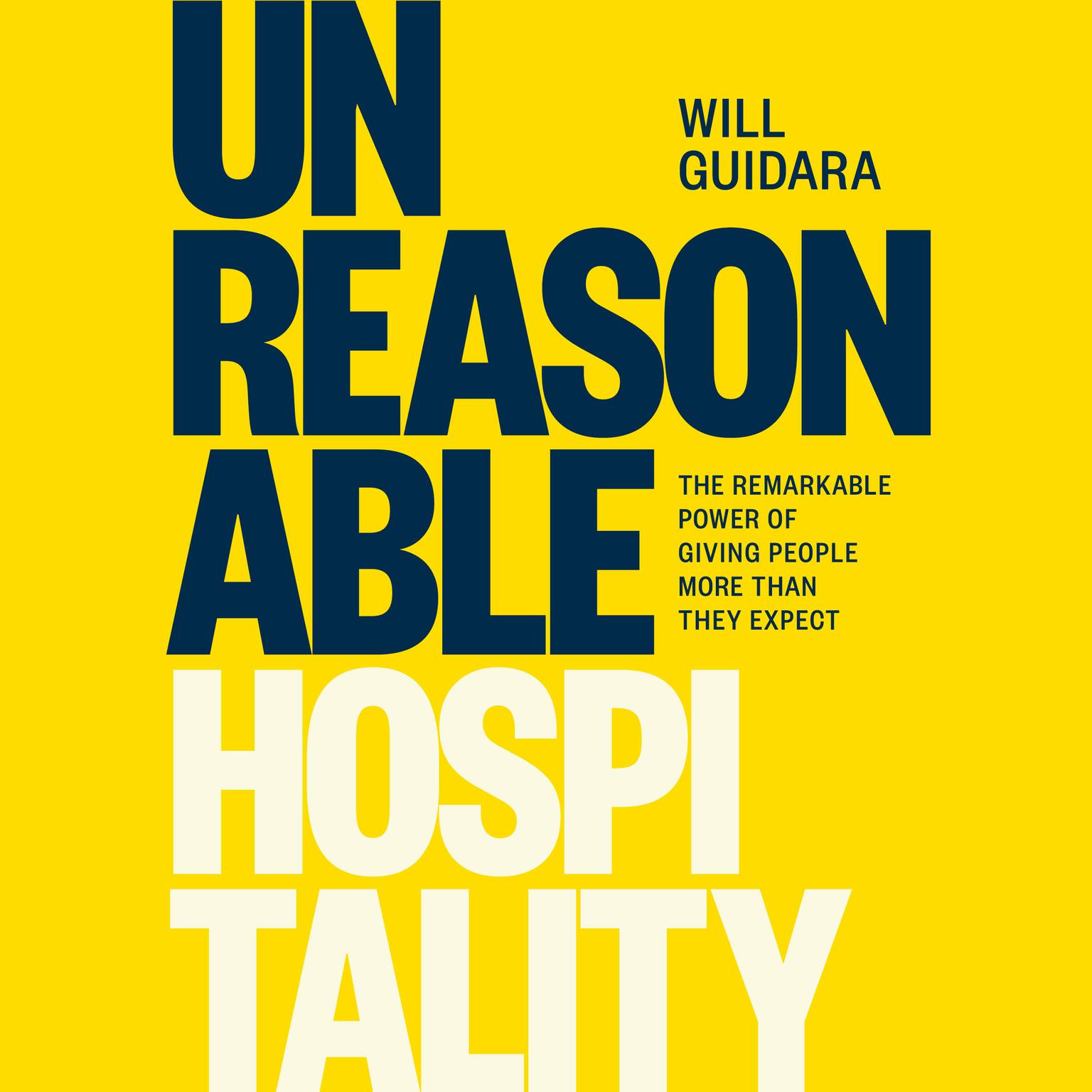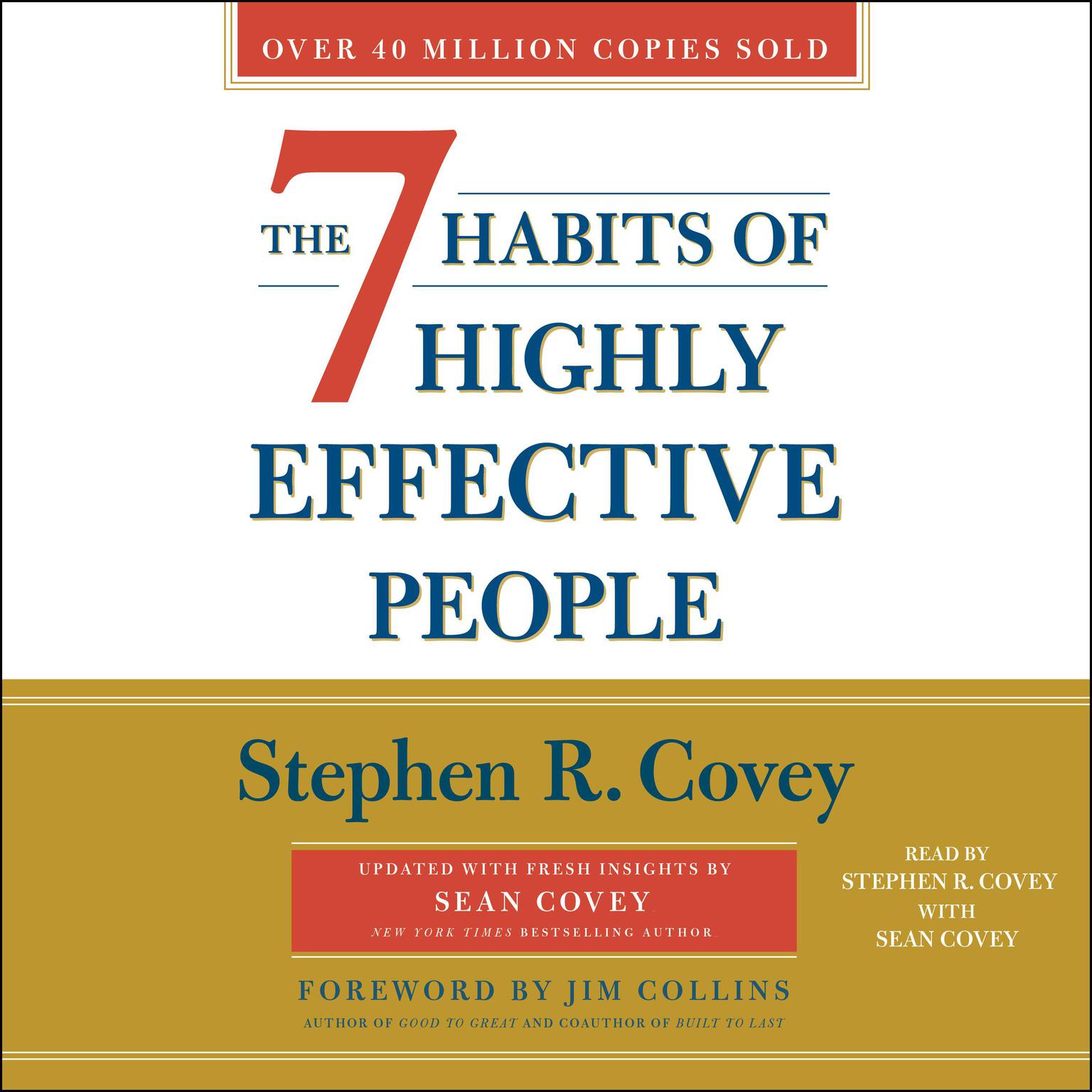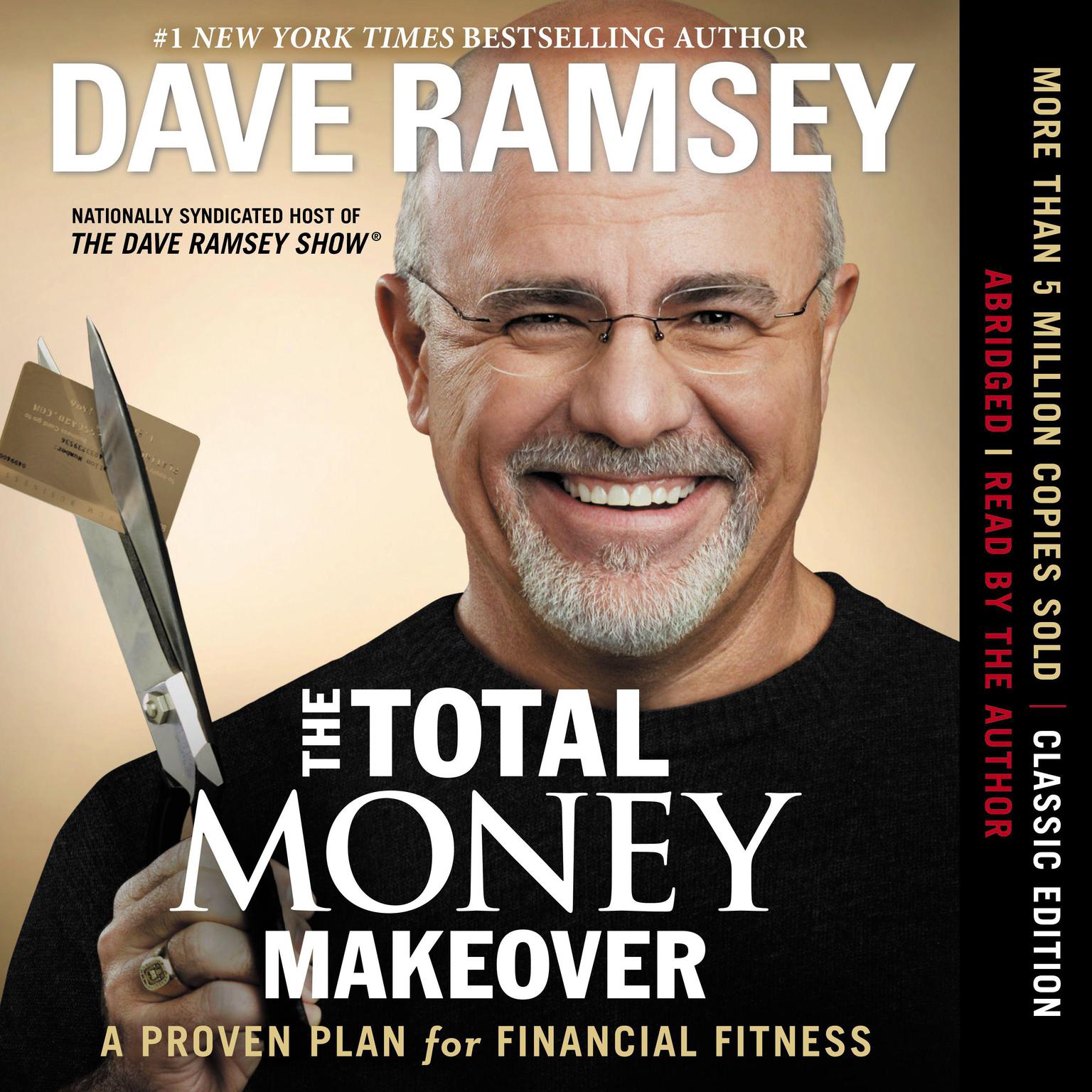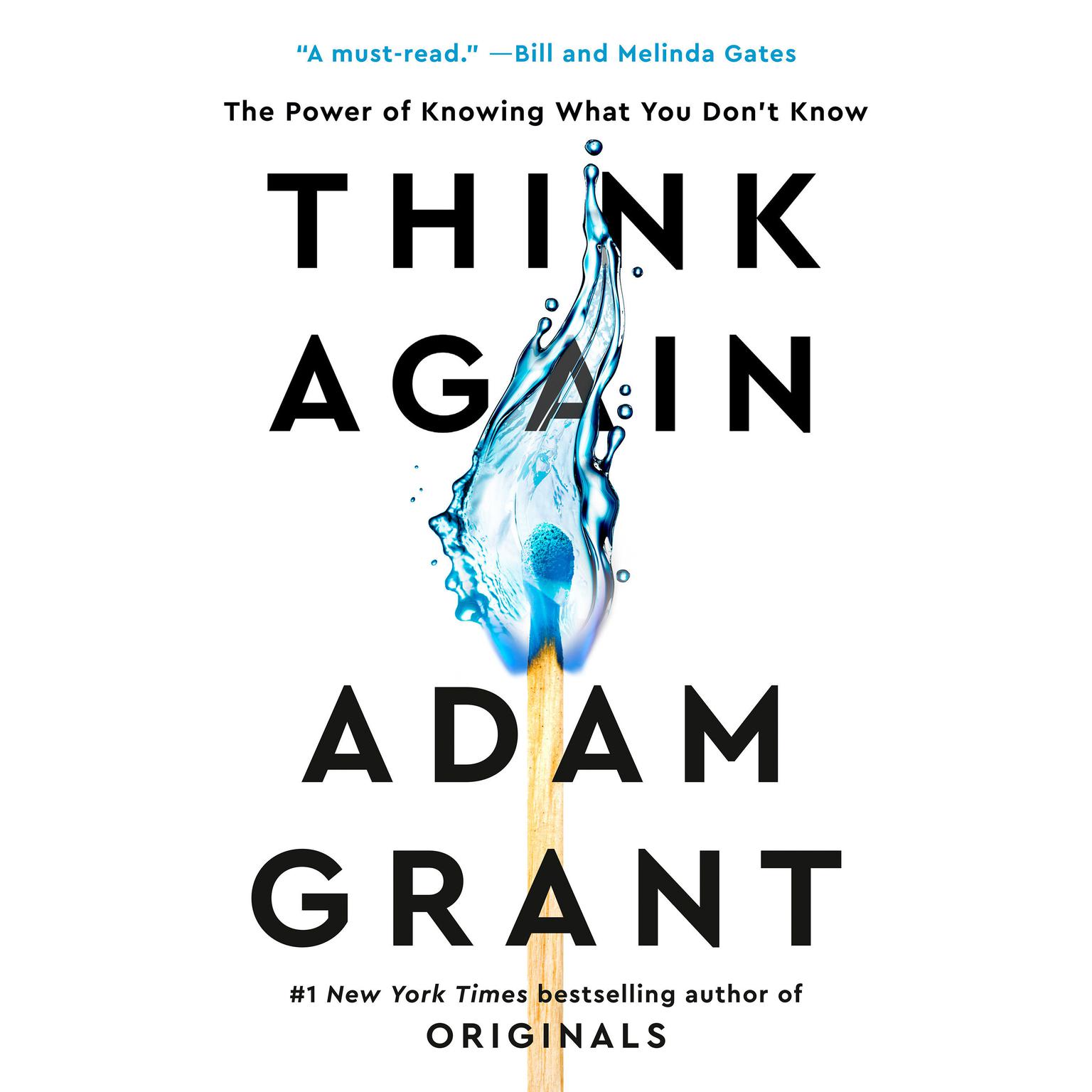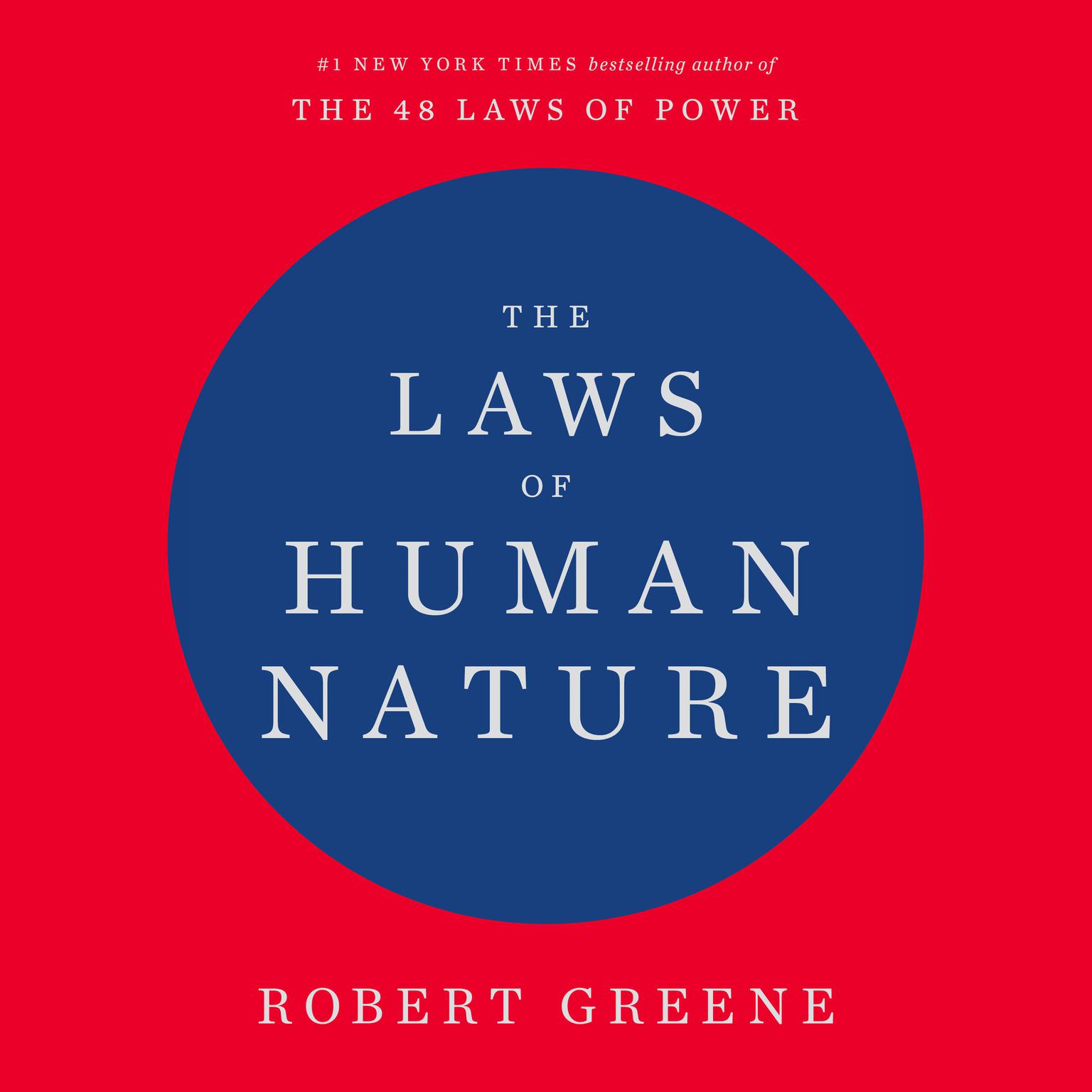Publisher Description
The winners of the Nobel Prize show how economics, when done right, can help us solve the thorniest social and political problems of our day.
Figuring out how to deal with today’s critical economic problems is perhaps the great challenge of our time. Much greater than space travel or perhaps even the next revolutionary medical breakthrough, what is at stake is the whole idea of the good life as we have known it.
Immigration and inequality, globalization and technological disruption, slowing growth and accelerating climate change–these are sources of great anxiety across the world, from New Delhi and Dakar to Paris and Washington, DC. The resources to address these challenges are there–what we lack are ideas that will help us jump the wall of disagreement and distrust that divides us. If we succeed, history will remember our era with gratitude; if we fail, the potential losses are incalculable.
In this revolutionary book, renowned MIT economists Abhijit V. Banerjee and Esther Duflo take on this challenge, building on cutting-edge research in economics explained with lucidity and grace. Original, provocative, and urgent, Good Economics for Hard Times makes a persuasive case for an intelligent interventionism and a society built on compassion and respect. It is an extraordinary achievement, one that shines a light to help us appreciate and understand our precariously balanced world.
Download and start listening now!
One of the things that makes economics interesting and difficult is the need to balance the neat generalities of theory against the enormous variety of deviations from standard assumptions: lags, rigidities, simple inattention, society’s irrepressible tendency to alter what are sometimes thought of as bedrock characteristics of economic behavior. Banerjee and Duflo are masters of this terrain. They have digested hundreds of lab experiments, field experiments, statistical studies, and common observation to find regularities and irregularities that shape important patterns of economic behavior and need to be taken into account when we think about central issues of policy analysis. They do this with simple logic and plain English. Their book is as stimulating as it gets.
—
Robert Solow, Nobel Prize winner and emeritus professor of economics, Massachusetts Institute of Technology



